Will Trump Shield Himself with a Ghislaine Maxwell Pardon?
The ongoing case of Ghislaine Maxwell, convicted for her role in the Jeffrey Epstein scandal, continues to evolve, intertwining with politics in unexpected ways. As Maxwell faces lingering legal battles, questions arise regarding whether former President Donald Trump might consider a presidential pardon as part of his strategy to navigate his own legal troubles.
Ghislaine Maxwell was convicted in December 2021 on charges related to the trafficking of minors for sexual exploitation. Since then, she has been embroiled in a series of legal challenges, including appeals and the ongoing fallout from the release of the Epstein files. The implications of her case extend beyond her situation, inviting scrutiny of the political landscape leading up to the 2025 presidential election.
The option of a presidential pardon is not new in U.S. politics. Historically, politicians have used pardons to garner support or silence potential threats. Given Trump’s previous experience in office, the possibility of him issuing a pardon to Maxwell raises significant discussions about the motivations behind such actions, particularly in light of the current political context.
This brings us to the pivotal question: Would any potential pardon be politically driven? Given Trump’s connections to Epstein and the public’s perception of both individuals, a pardon for Maxwell could reflect an effort to shield himself from potential fallout associated with her case. The implications of such a pardon on public opinion and Trump’s campaign strategy could be far-reaching.
From a Republican standpoint, this situation serves as a reminder of the intricate relationships between personal and political agendas. While some may view a pardon as a calculated move, others argue it could create unnecessary distractions from pressing issues facing the party. Staying informed about Maxwell’s legal situation and the broader ramifications of any potential pardons will be vital for understanding the political dynamics going forward.
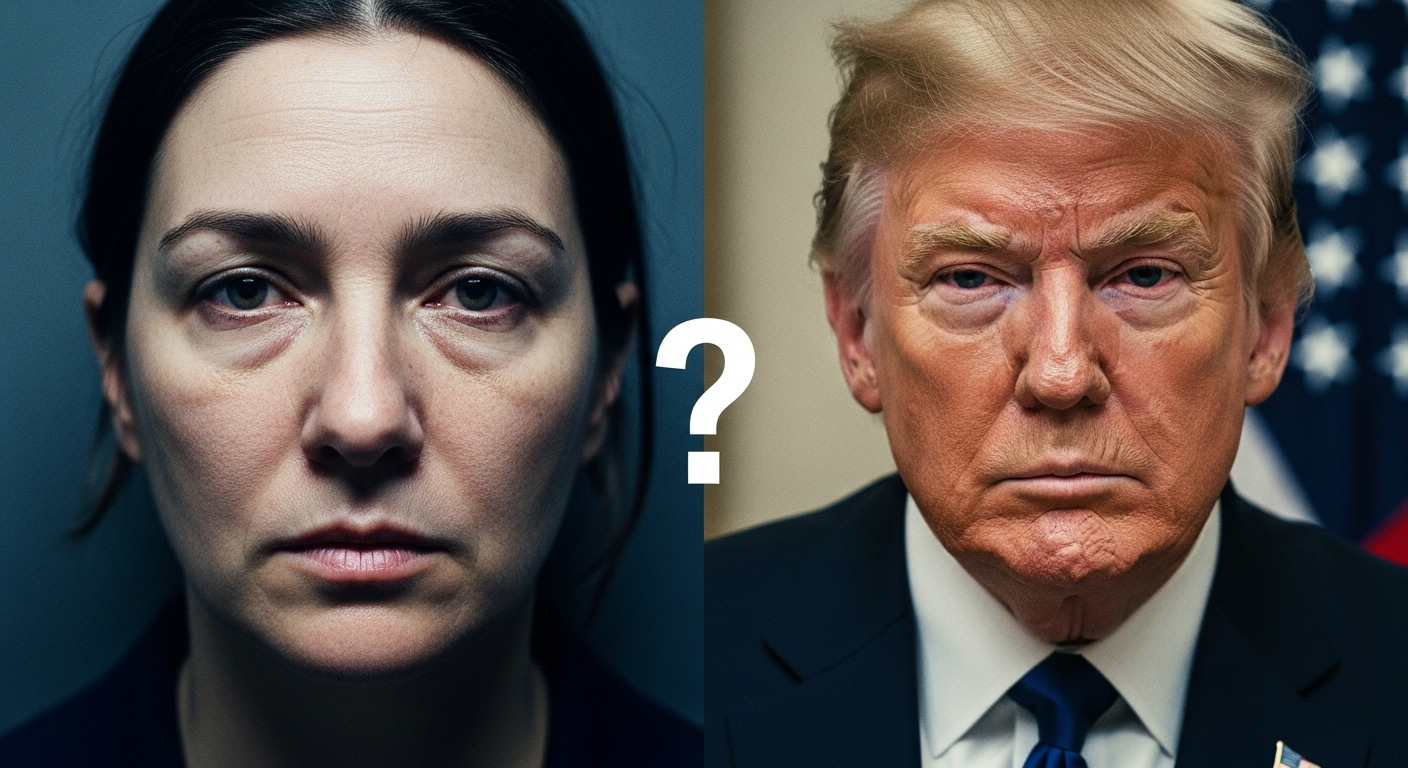
Ghislaine Maxwell Case Overview
The recent release of documents related to Jeffrey Epstein has reignited discussions around Ghislaine Maxwell and her connections to prominent figures, including former President Donald Trump. As the Epstein files continue to surface, their implications could be far-reaching, especially concerning Trump’s legal situation and potential strategies for managing any fallout.
The ongoing release of Epstein-related documents presents crucial insights into the breadth of his network, including affiliations that could implicate influential individuals. These documents are not just historical records; they hold the potential to alter perceptions and create significant ripples in the political landscape. The increasing visibility of these files could intensify scrutiny of those connected to Epstein, particularly as potential legal ramifications emerge.
Trump’s legal challenges have become more intricate with the revelations of the Epstein files. The possibility of connections emerging between Trump, Maxwell, and Epstein could complicate his ongoing legal troubles, leading to increased pressure for accountability. Speculation around how these documents might be utilized in a court of law adds tension to an already tempestuous political environment.
The Epstein files may reveal previously unknown connections between Trump, Epstein, and Maxwell. Various allegations and social ties could surface, leading to critical inquiries and damaging narratives. As the public consumes these updates, shifting loyalties and political motivations can significantly affect Trump’s standing within the Republican Party and beyond.
With the ongoing uncovering of the Epstein files, new legal challenges against Trump could emerge. These documents might lead to fresh investigations, bolstering any existing claims against him. The political implications of such challenges could also energize opponents, reshaping the landscape leading up to the 2024 elections and testing Trump’s resilience as he faces mounting pressures.
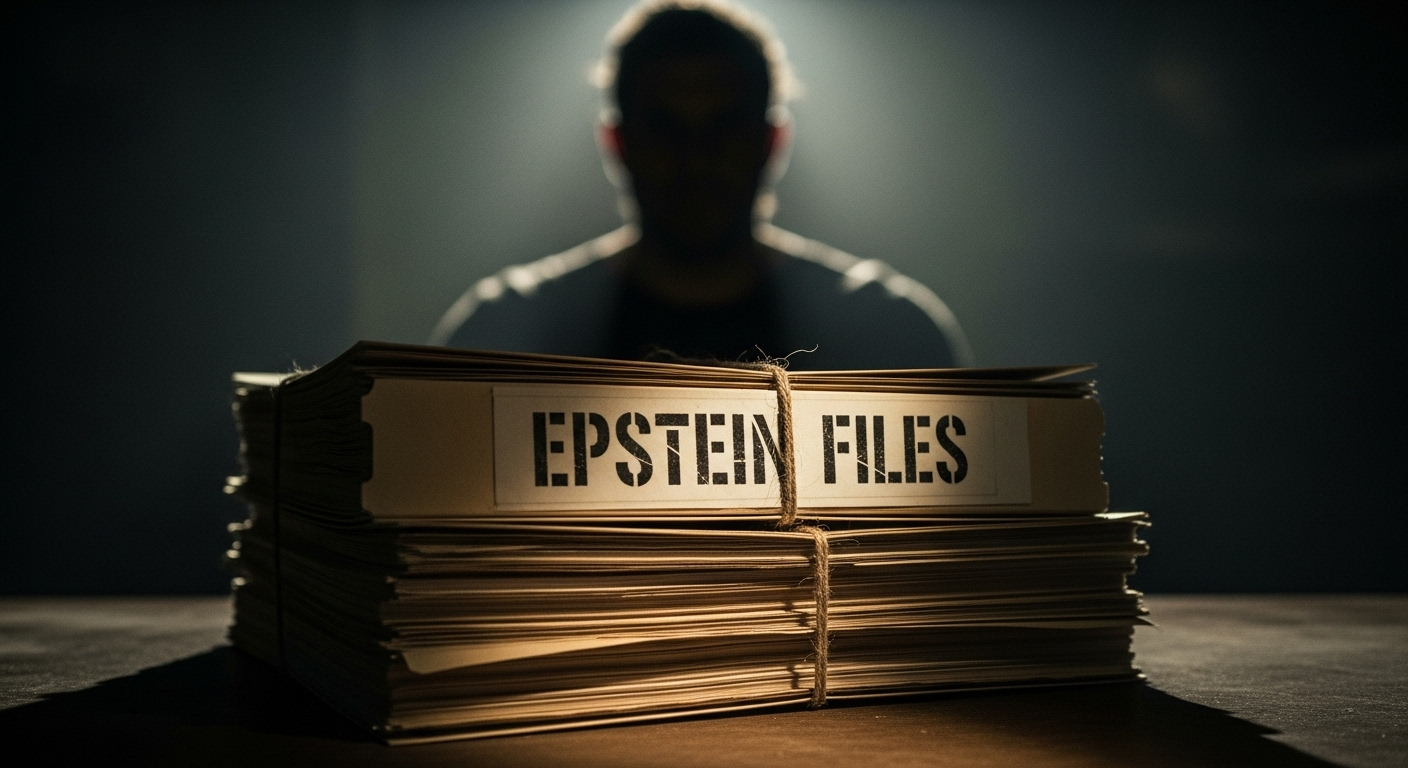
Epstein Files Analysis
As speculation grows over the possibility of a pardon for Ghislaine Maxwell, intriguing questions arise about Trump’s political motivations and the broader implications for the Republican Party. Understanding the multifaceted motivations behind such a decision is crucial for grasping the evolving political dynamics.
The driving force behind a potential pardon could stem from several angles. Trump may seek to present himself as a champion of justice, or he could be maneuvering to protect his own interests, given the ongoing scrutiny related to his legal troubles. Furthermore, aligning himself with Maxwell might resonate with certain Republican factions that favor loyalty and support for allies. However, this strategy also poses risks, particularly if it alienates moderate voters.
A pardon could have significant repercussions. For Trump, it might bolster his base, yet simultaneously provoke backlash from opponents and moderates within the Republican Party who view such actions as controversial. Additionally, the implications extend beyond Trump, potentially influencing party unity and voter sentiment in the lead-up to future elections.
The legal ramifications of a pardon for Maxwell introduce complexities. Many legal experts argue that such a move may face significant opposition in the courts. There are questions about whether a pardon can be applied to individuals who were not formally convicted or whether related legal proceedings could offset its implications. These challenges could create a labyrinthine legal landscape for Trump as he navigates this delicate political situation.
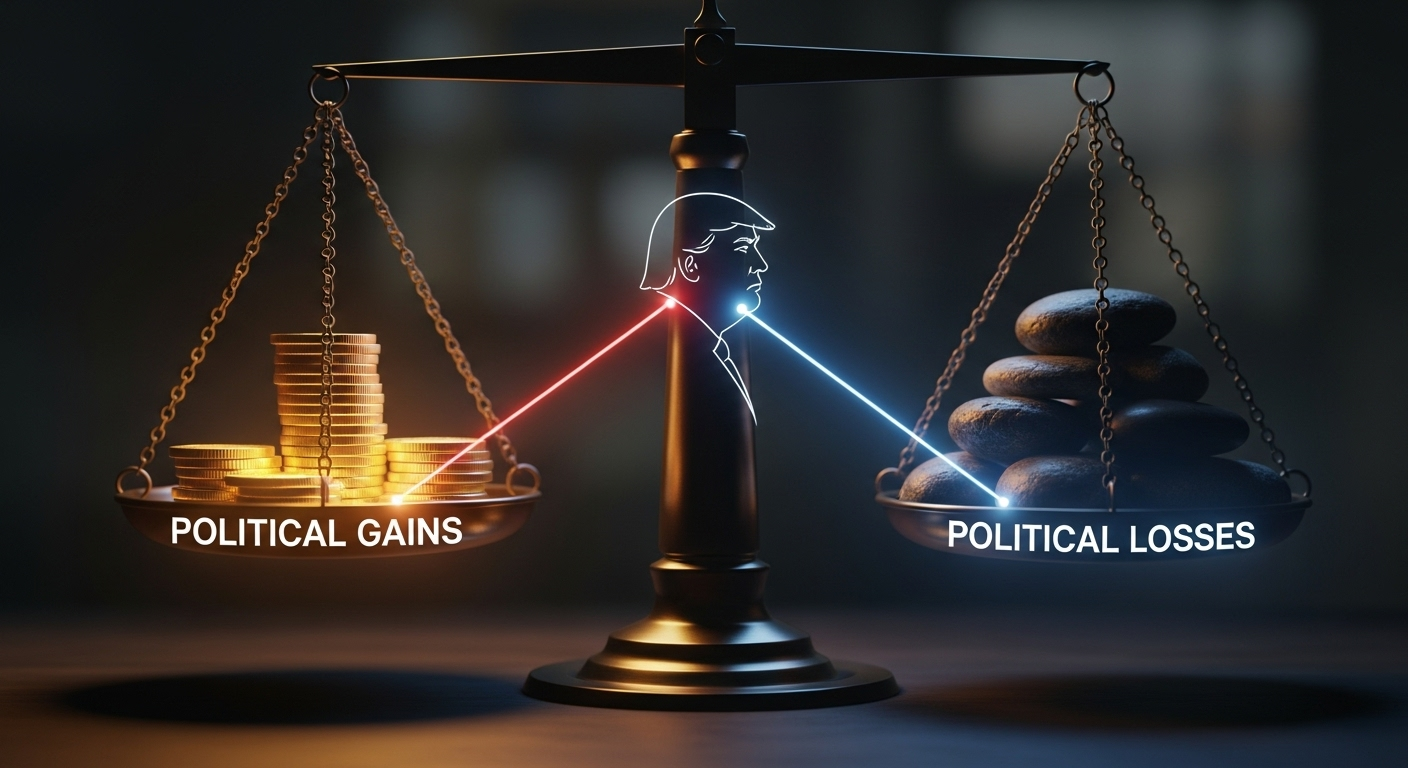
Political Landscape and Pardon Implications
The topic of presidential pardons frequently raises questions about their legal implications and the potential challenges that accompany them. Understanding this complex process is crucial, especially in politically charged situations involving figures like Ghislaine Maxwell. Analyzing the intricacies of presidential pardon power reveals significant limitations and potential legal hurdles.
The process of obtaining a presidential pardon is not straightforward. It requires an application submitted to the Office of the Pardon Attorney, which then reviews the case and makes recommendations. The President has the final authority, but this process might involve various legal and administrative checks to ensure that justice is served fairly. Trailing behind this seemingly simple mechanism is a framework of legal considerations guiding the exercise of this powerful executive privilege.
Presidential pardons are limited in scope. For instance, they cannot overturn state convictions, and they typically arise from federal offenses. Moreover, the legality of pardons can be questioned when there is perceived abuse of power. Although presidents enjoy broad discretion in granting pardons, the constraints ensure that they do not operate unchecked.
If a pardon is granted, it does not guarantee immunity from all legal repercussions. Legal challenges can arise, especially if a pardon is perceived as politically motivated. Courts may scrutinize the reasons behind the pardon, particularly in high-profile cases related to serious allegations, such as those involving Epstein and Maxwell.
Historical context provides insight into the challenges and precedents surrounding presidential pardons. Past instances showcase the contentious nature of such decisions, often stirring public debate about the integrity of the legal system. Analyzing these precedents is critical in forecasting potential outcomes related to Maxwell’s situation and any implications for Trump moving forward.
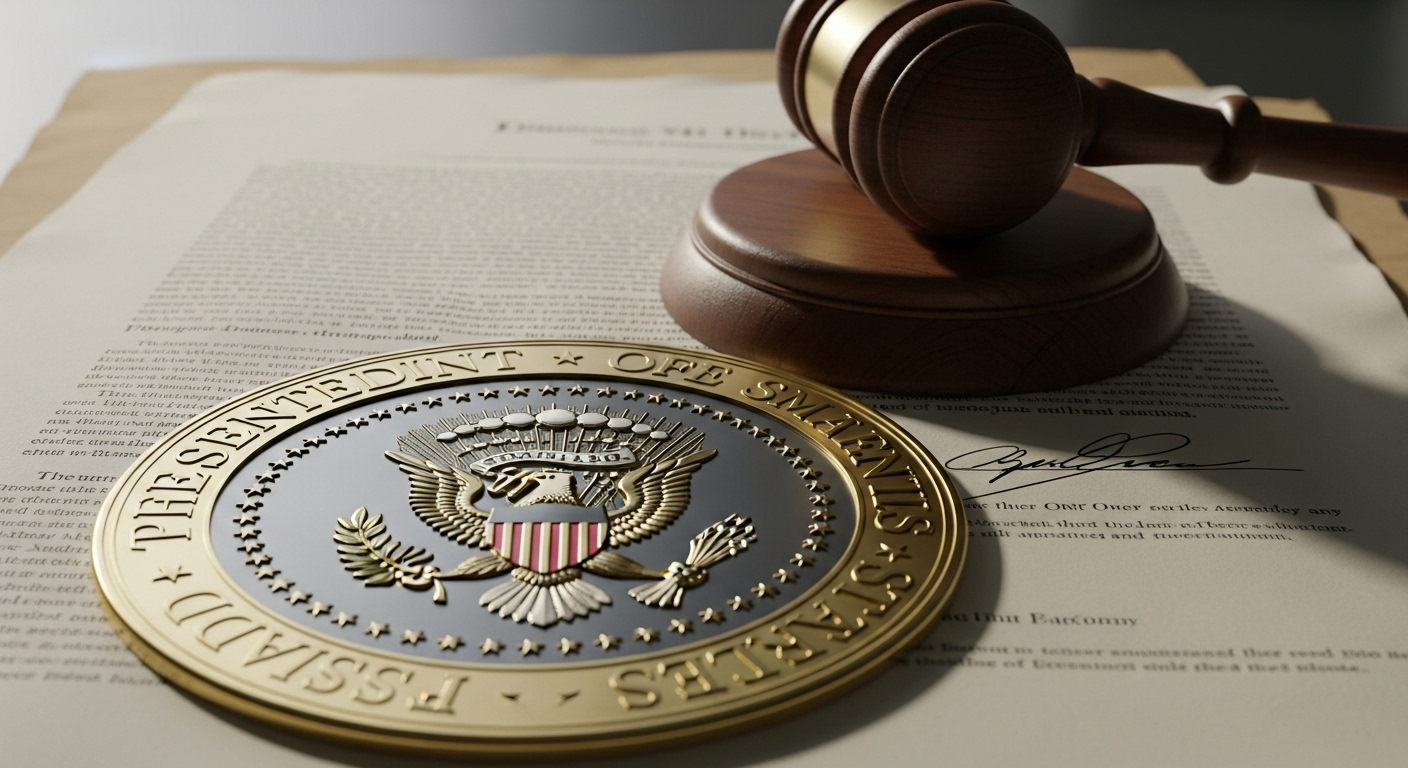
Legal Implications and Challenges of a Presidential Pardon
In pondering the potential for a pardon from Trump, particularly concerning the Epstein files, it is crucial to explore the arguments both for and against such a move. Supporters contend that pardoning figures like Ghislaine Maxwell could serve to shield Trump from ongoing legal troubles and allegations tied to the Epstein connection. They argue that these actions may provide significant political leverage and align with Trump’s characteristic defiance against perceived unfair legal scrutiny.
Conversely, those against a pardon worry about the broader implications for justice and the message it would send regarding accountability. The political climate suggests that while a pardon may offer short-term respite for Trump, it could also further polarize public opinion and alienate moderate voters.
Given the current political landscape, the likelihood of a pardon remains uncertain as various legal challenges loom. Trump’s political motivations, particularly with the upcoming elections in 2025, could influence his decision-making process regarding potential pardons. Nonetheless, the implications of such a decision could reverberate beyond the immediate context and shape the Republican Party’s narrative.
Should Trump proceed with a pardon, the long-term consequences may include a fracturing of party unity and further entrenchment of political divisions. The ramifications could lead not only to shifts in voter sentiment but also to legal analyses about the extent of executive power in matters of justice. The ramifications of such a strategy merit careful consideration as they may define Trump’s legacy in relation to his legal challenges.
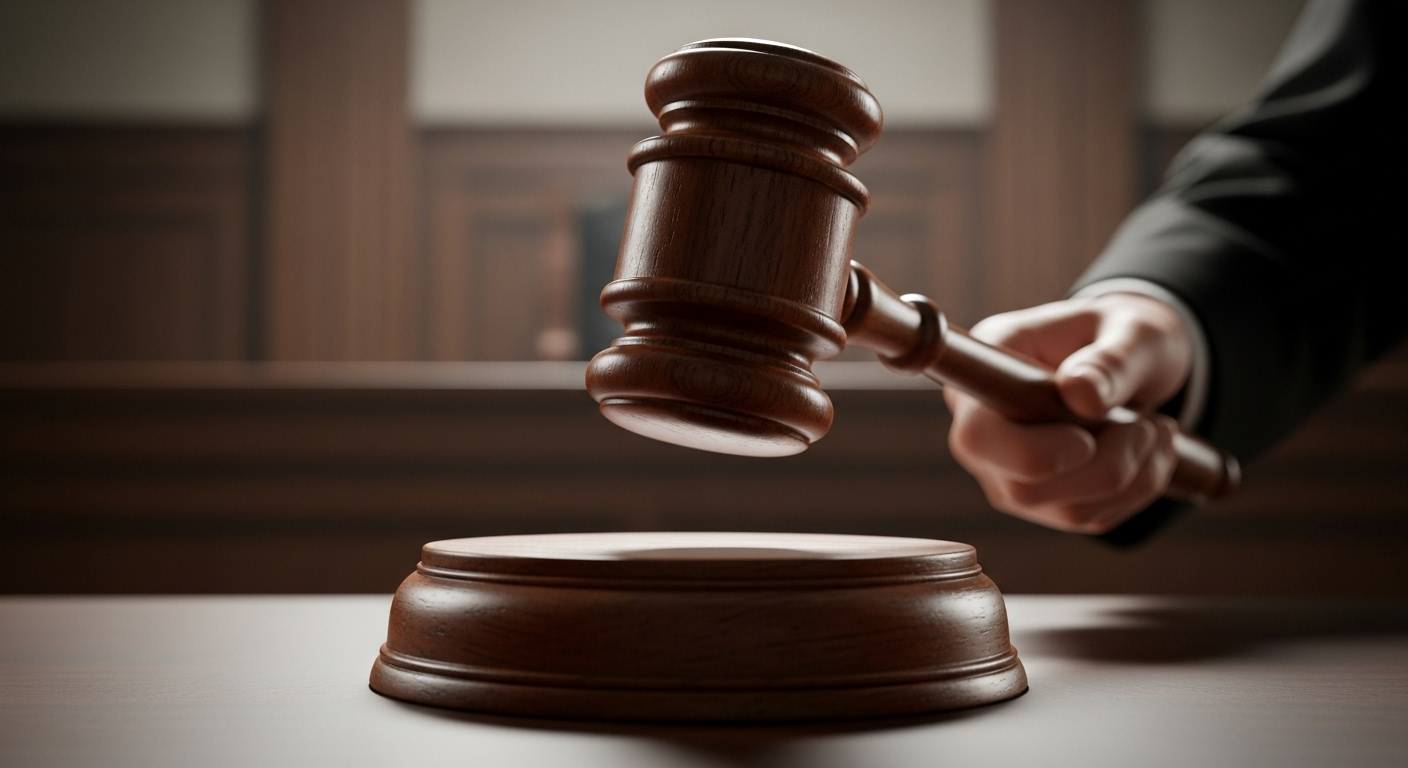
Trump and Ghislaine Maxwell’s legal discussions
Republican Insights emphasizes that while the prospect of a Trump pardon remains a contentious issue, it is essential to consider the implications of such actions on both a legal and political level. Engaging in these discussions is vital for understanding the potential future of the Republican Party and its relationship with the justice system.





